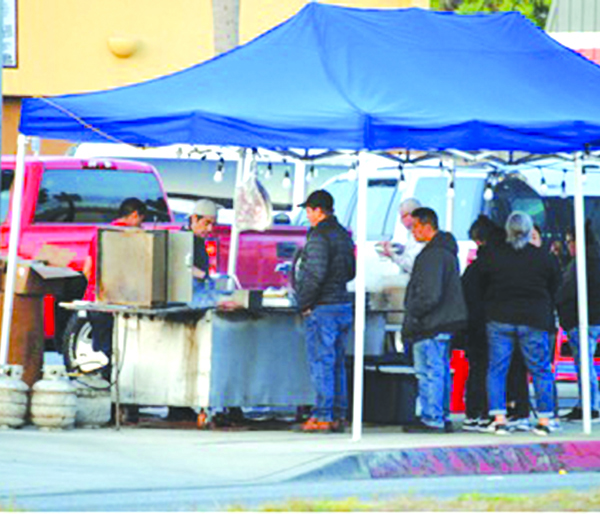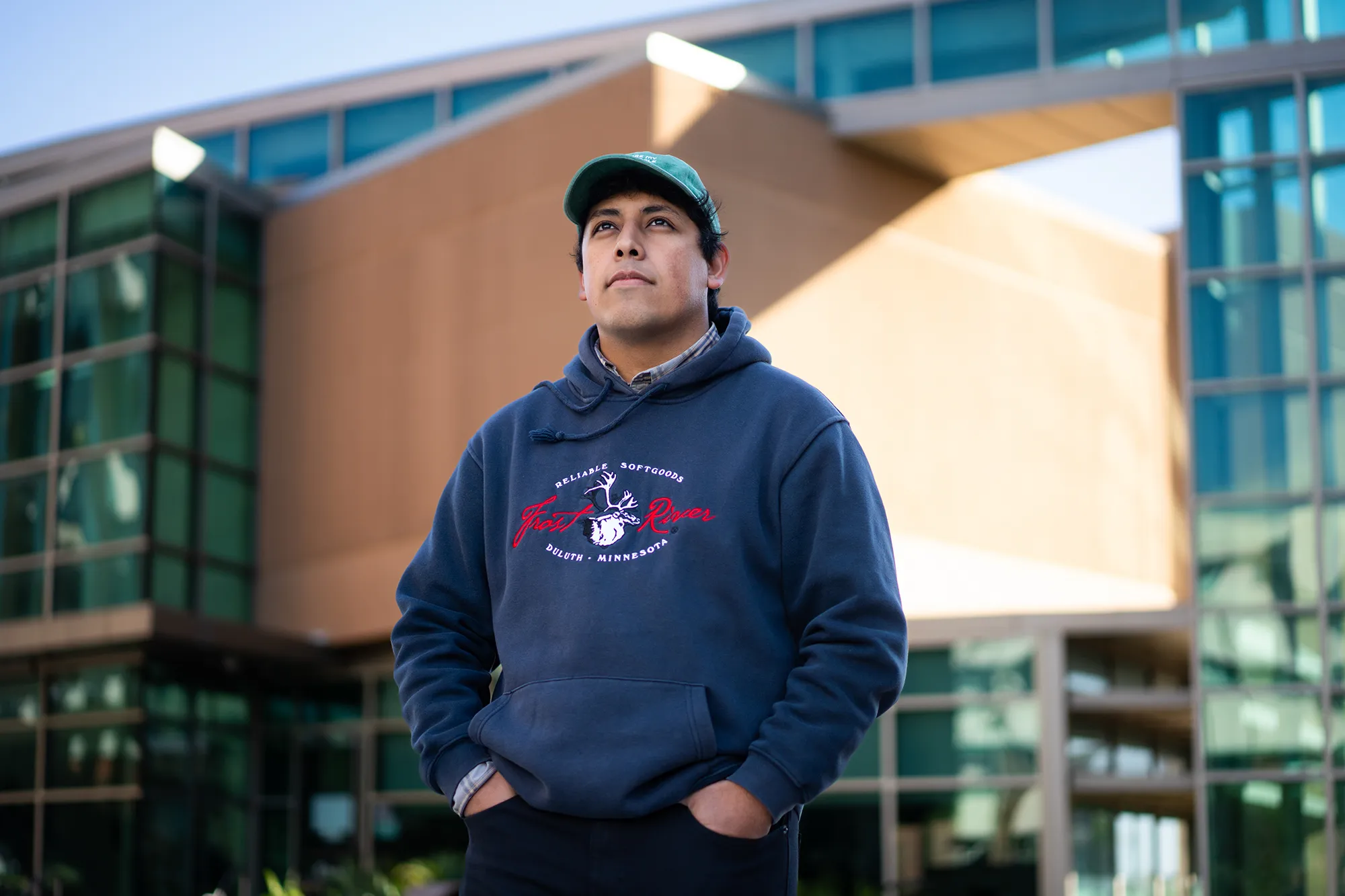By Alfredo Santana
Contributing Writer
SOUTH GATE — The City Council has unanimously approved a new law aimed at making the street vending of hot foods and wares on sidewalks safer, decriminalizing violations and bringing a temporary end to a series of clashes with residents who opposed parts of previous ordinances.
Starting in late August, South Gate will require all sidewalk street vendors to apply and pay $176 for a business license, to obtain a certificate from a food handling course and to pass equipment inspection from the Los Angeles County Department of Public Health.
The new ordinance replaces parts of a 2018 law considered more restrictive and that imposed blanket bans on places vendors were not permitted to sell. The measure approved by the council will now allow street vending along main thoroughfares like Firestone, Tweedy and Garfield boulevards.
The ordinance legitimizes a practice scorned by many brick and mortar restaurant owners who have long pestered hot food vendors for allegedly selling cheaper and unhealthy meals, not paying rent or taxes and operating in unsanitary conditions.
“We are limited to health, safety and welfare items,” said City Manager Chris Jeffers. “It’s not a question of economic competition, or whether an individual has preference or is against this type of business model. The state law is pretty clear. We have to allow it.”
Jeffers underscored that the measure was written to align with state mandates and not to appease complaining restaurateurs, competitors or people against those activities.
Penalties imposed on street vendors for violations of the law are no longer misdemeanors or infractions but instead administrative fines, according to attorney James Eckard who represents South Gate in criminal cases.
A vendor who fails to comply with regulations in the ordinance may incur a $100 fine for the first offense, $200 for a second violation, and $500 for additional violations within one year from the first.
“Our current code addresses this,” Eckard said. “The proposed amendments comply with this. We are not seeking to impose any criminal penalties as a result of violations to the local sidewalk vending program.”
The new ordinance will require vendors to leave at least 36 inches of sidewalk access for people with wheelchairs in compliance with the American with Disability Act, and to not invade traffic pathways for patrons, pedestrians and motorists.
Vendors with wheeled carts will be able to roam around schools, stop to complete sales, and move along. Stationary food sellers will be banned from installing portable kitchens, tents, canopies, tables and chairs or other physical items 25 feet from street crosswalks or intersections, driveway aprons and traffic control units.
Additionally, a fixed sidewalk shop would be prohibited within 500 feet from schools, farmer markers and swap meets.
The latter became a contentious issue with vendors’ supporters last month at two council hearings where they argued that vendors only want to make a living and that the practice is long a cultural trade among many Latinos regardless of their legal residency status.
Another searing topic was the requirement for street vendors to provide a valid Social Security card and a driver’s license to apply for business permits, when many of them are undocumented migrants.
Also, applicants engaged in preparation and sale of foods would be required to provide an access point to a toilet and hand washing facility to meet state health and safety codes.
Roaming vendors will be allowed to visit parks with concessions issued to other businesses, so long as their carts are permitted and licensed to operate.
South Gate has two vending business concessions at South Gate and Hollydale parks.
The ordinance does not cover sales from motorized vehicles like catering trucks, or sellers installing tents and tables with merchandise in private property or parking lots.
City Manager Jeffers said an educational component will be established to assist street vendors in understanding and complying with the law.
An additional burden for street vendors would be to purchase liability insurance for $1 million and name South Gate, including officers and employees, in the coverage.
The insurance policy matches the minimum required from brick and mortar eateries, and it creates a level field for all vendors regardless of their physical settings, according to city’s public documents.
“If we really want to help our community, instead of taxing them and hurting their business even more, then we have programs to help them get these funds and licenses,” said resident Joseph Moreno. “It’s hard for somebody who doesn’t know how to maneuver this whole field, especially if English is not your first language.”












